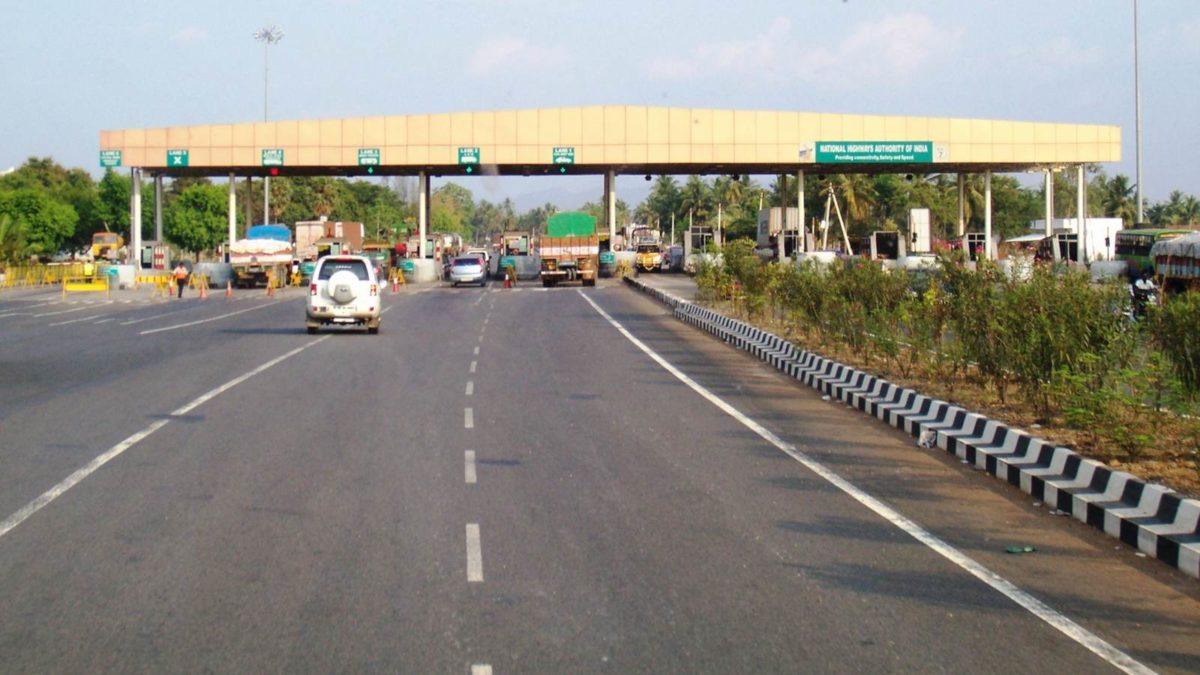As many of us have to now get their cars registered with FASTag IDs, we decided to make a list by compiling all the important information about the Government’s latest initiative. Although FASTags have been functioning for a long time now, the government has now decided to make it mandatory for all vehicles by the 1st of December 2019. To encourage people to get FASTags, the government has now decided to offer it for free. This means the government will now bear the standard issuance charge of Rs 150 and provide the FASTag RFID sticker for free. Here is a list of why FASTag is so important:
Saves Fuel
A FASTag is read by the tag reader at the toll plaza and the toll amount is deducted automatically when the vehicle approaches the plaza. This means a vehicle with FASTag doesn’t need to stop at a toll plaza and can save a lot of fuel.
Sends SMS Alerts
Customers will receive an SMS alert on their registered mobile numbers for all the transactions done in their specific tag accounts.
Easily Rechargeable
Customers can also recharge their tag accounts via online payment methods like: Credit Cards, Debit Cards, NEFT, RTGS or even Net Banking.
Cash-Free Solution
Customers don’t need to worry about carrying cash for the toll payments.
Maintains Transaction Records
Customers can access their statements by logging on to the FASTag customer portal, thus making it easier to keep track of transaction records.
Reduces Congestion
Customers can avoid being stuck in long queues at the toll plaza and save time and reduce traffic.
To know more about FASTags click here
To apply for a FASTag click here
“FASTags would enable all vehicles to pay toll fee digitally while providing the convenience of faster movement across toll plazas. This, in turn, would help in significantly eliminate long queues at toll plazas with consequent saving in fuel and time. FASTags would also enable toll payments across State and district highways and even for parking in cities in the near future. This would help commuters in seamless movement across city parking to State to national highways. Through use of GS1 unique identification numbers for vehicles, which are encoded in FasTags, each vehicle can get identified in a standardised and common manner by different government departments including Police, Traffic management authorities, Insurance, toll collection authorities, and municipal bodies, while in transit”, said Mr. Ravi Mathur, CEO of GS1 India.


